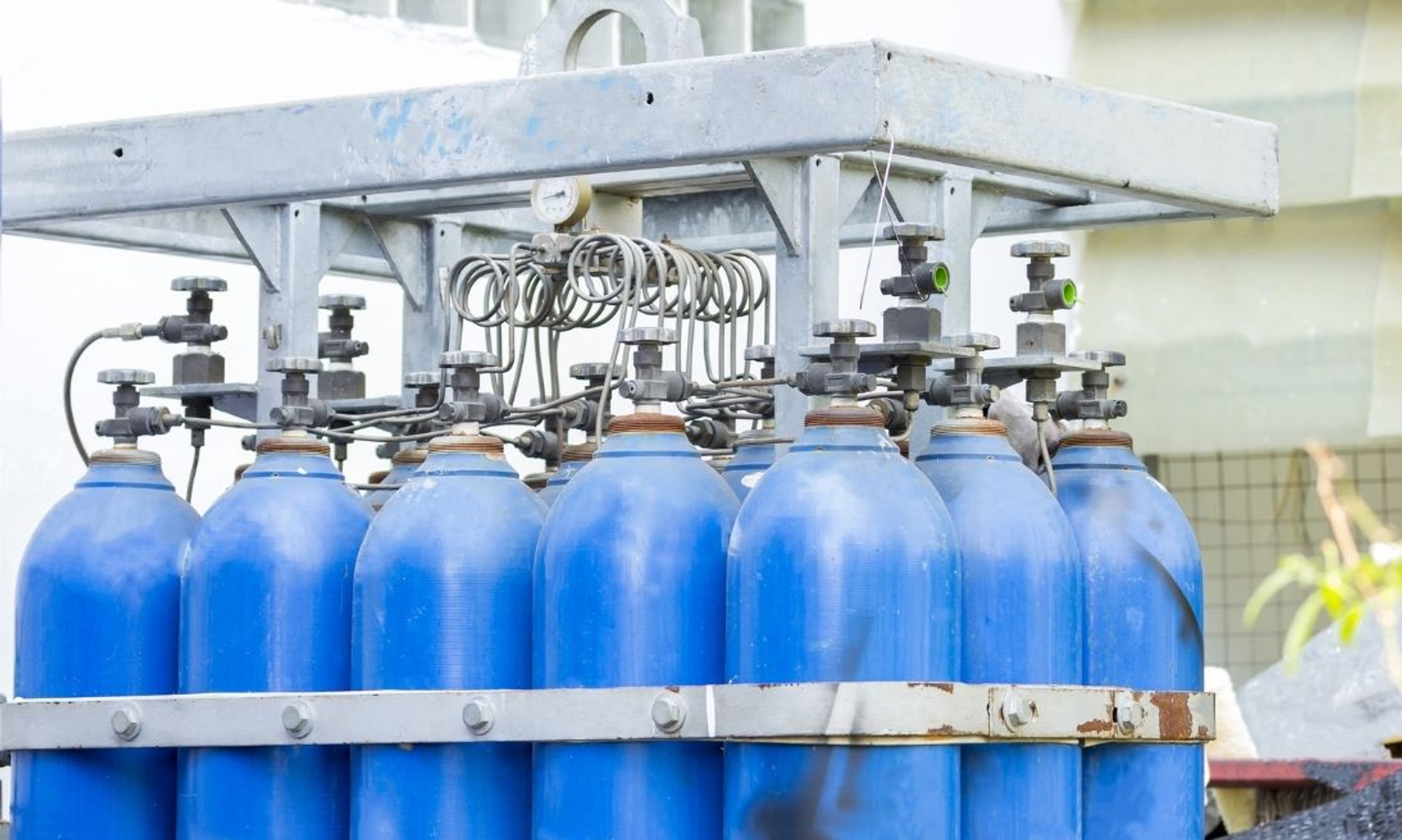How Specialty Gases Are Made
Industrial businesses utilize everything from heat to water to air. The air in the earth's atmosphere holds dozens of elemental gases which technicians can purify and contain. Here is how specialty gases are made.
Air Separation and Purification
Many specialty gas companies gather the air we breathe every single day. Depending on the scope and specialization of their industry, these facilities can be quite large to account for the massive volumes of air they accumulate. Most of the air around us consists of oxygen and nitrogen—both of which are valuable in their purified state. Rare inert gases float around in the air, making it an easy way to concentrate elements like argon. Air separation plants take advantage of these naturally occurring mixtures and cool the air until the desired elemental gases liquefy. This cryogenic separation process requires careful attention to heat and columnar separation to keep each volume of air pure.
Gas Mixing
Though pure oxygen or pure argon is quite valuable on its own, many industries require a measured mixture. Making specialty gases requires the utmost precision, especially when blending two different gases. Technicians must verify the purity of the component gases. This is critical for specialty gases that clients use as calibration gas to verify their scientific instruments' accuracy. If these mixtures are even a little bit off initially, it could create frustrating differences for clients recalibrating their devices. Gas mixing typically occurs through gravimetric or volumetric methods.
Specialty Gas Storage and Distribution
After mixing and measuring a specialty gas, technicians must store and distribute their unique concoctions in high-pressure cylinders. These cylinders range in size and composition to accommodate the amount of gas. The specifications delineate the liters, square cubic feet, height, and weight of a cylinder, giving valuable shipping and distribution information. With a range of low- and high-pressure steel and aluminum options, there are plenty of options to store a specialty gas.
Knowing how specialty gases are made gives industrial clients a better picture of what they need. If you need a custom mixture of specialty gases, reach out to us at Mesa Gas today.

